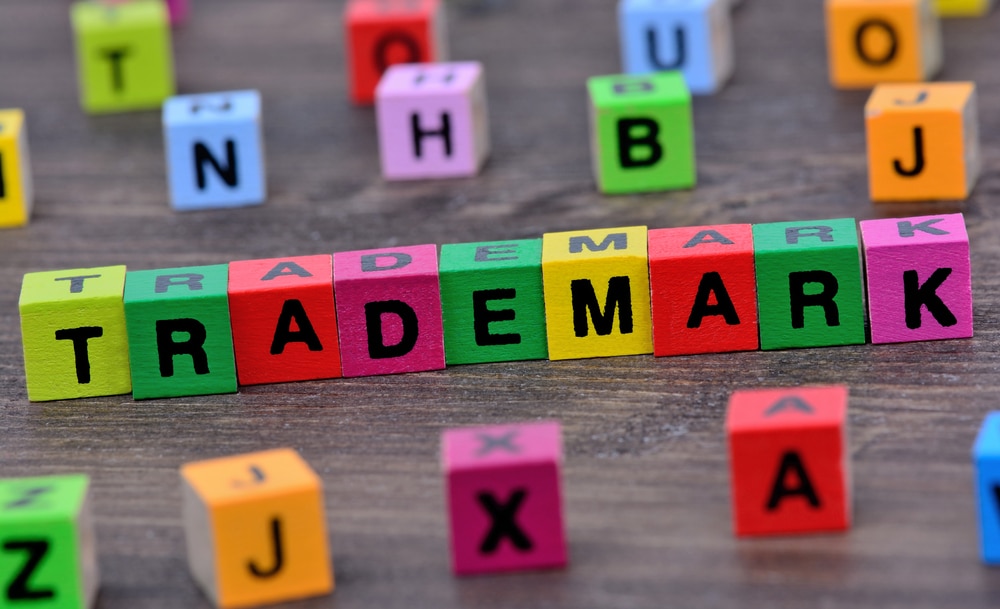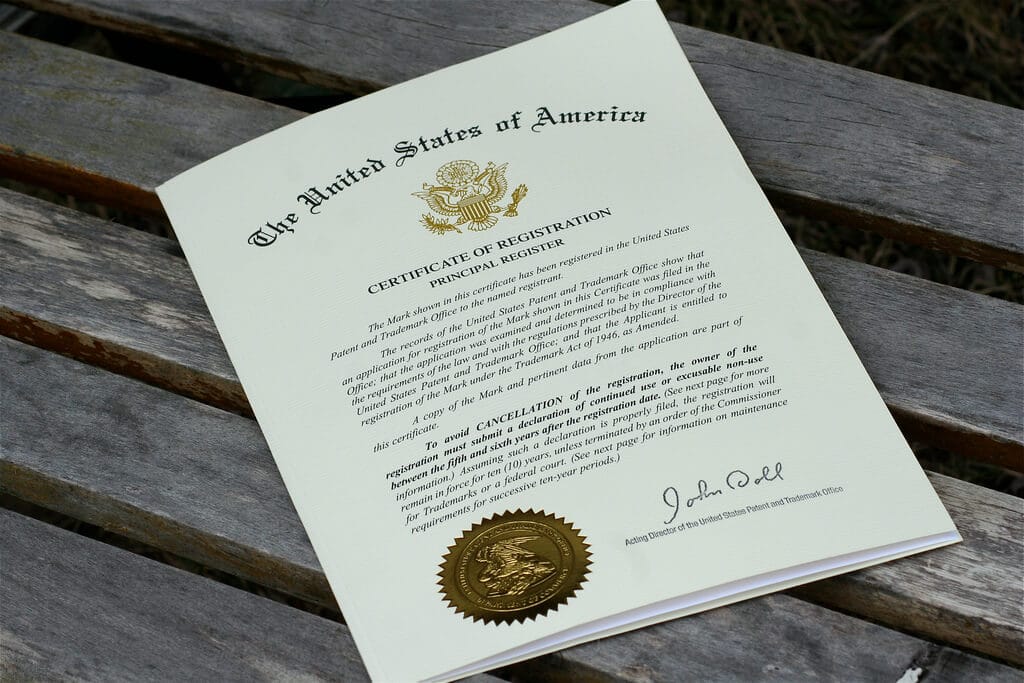
Chinese Trademark Registration and Unexpected Liabilities: Don’t Get Hustled
In the United States (U.S.), trademark law is, for the most part, supposed to protect consumers. With this purpose in mind, it makes sense that trademark rights arise as soon as you start using a trademark in commerce in a manner that causes your consumers to view the mark as a source indicator. We refer […]
Read more about Chinese Trademark Registration and Unexpected Liabilities: Don’t Get Hustled




